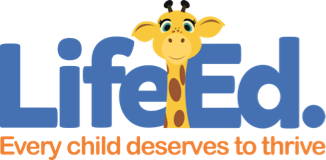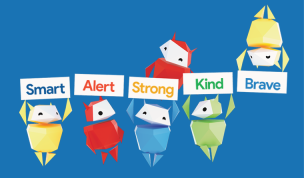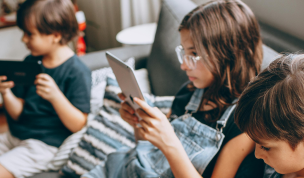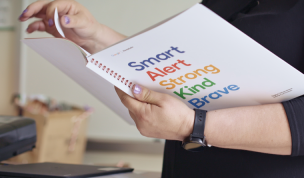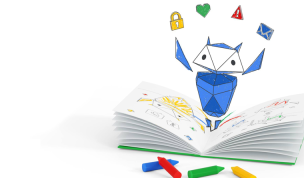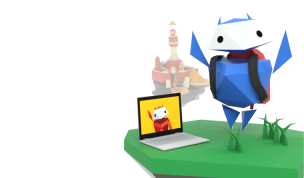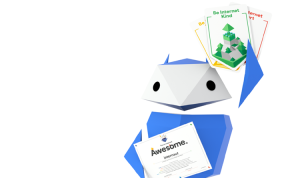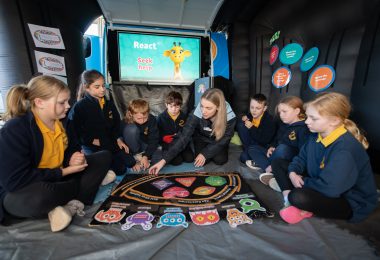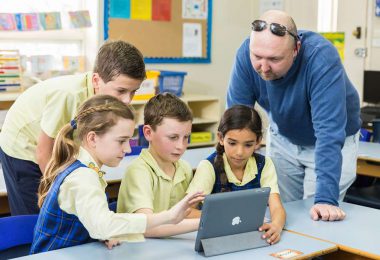Life Ed partners with Google to keep kids safe online
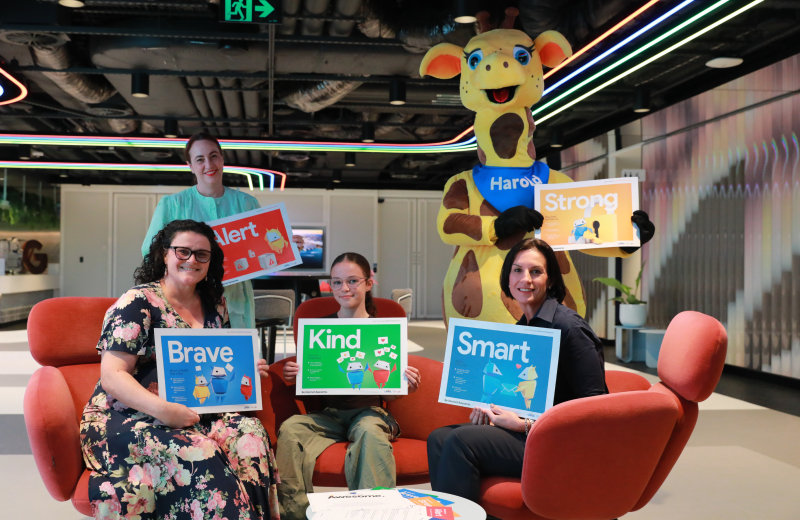
Life Ed and Google Australia have joined forces to take online safety education beyond the classroom. Together with the iconic Healthy Harold, they are providing free tools and resources to help parents and teachers keep kids safe.
The Be Internet Awesome initiative meets a vital need, with Life Ed’s 2024 Parent and Teacher Digital Safety Survey revealing that only:
- One in three parents feel well equipped to educate their child on cyber safety.
- 26 per cent of teachers felt equipped to provide education on cyber safety and digital citizenship without external support.
At Google and YouTube we're committed to creating a safer online experience for kids and teens and we are excited to partner with Life Ed to bring Be Internet Awesome to schools and families across Australia. The internet offers incredible opportunities for learning and connection, but we also know they can present risks. Through Be Internet Awesome and our partnership with Life Ed, we're empowering young Australians to make smart choices online and protect themselves from harm.
The Be Internet Awesome program is built to teach skills around five key online safety areas – from learning how to share with care, avoid falling for fake information, securing personal information, being kind online, and speaking up when something’s not right.
Research tells us that parents and teachers play an important role in the development of a child’s health literacy. That’s why we take a whole-of-community approach to educate, empower and achieve the greatest impact. We’re proud to be working with Google to reach more families and communities through the Be Internet Awesome initiative.
Parents and teachers agree with this approach and are hungry for information and support. Life Ed’s survey found that 88 per cent of teachers would appreciate opportunities to learn more about how to support the online experience of five to eight-year-olds. The same number of teachers and parents believe that online safety education should not occur in isolation – schools and parents should work together to provide education on online safety.
“We know that parents want to help their children build healthy habits to safely navigate their digital future and teachers are looking to build their skills, but it can be challenging to keep up with the latest trends and technologies. Be Internet Awesome provides families with a wealth of resources, including family guides and interactive games, to support these important conversations in Australian homes,” said Ms Lord.
As part of Be Internet Awesome, Google has also launched a new game designed to make learning about digital safety and citizenship interactive and fun. The free, web-based Interland game allows students to practice crucial skills, such as creating strong passwords and sharing information responsibly. It operates in a closed environment, making it a secure platform for children to learn about online safety.
